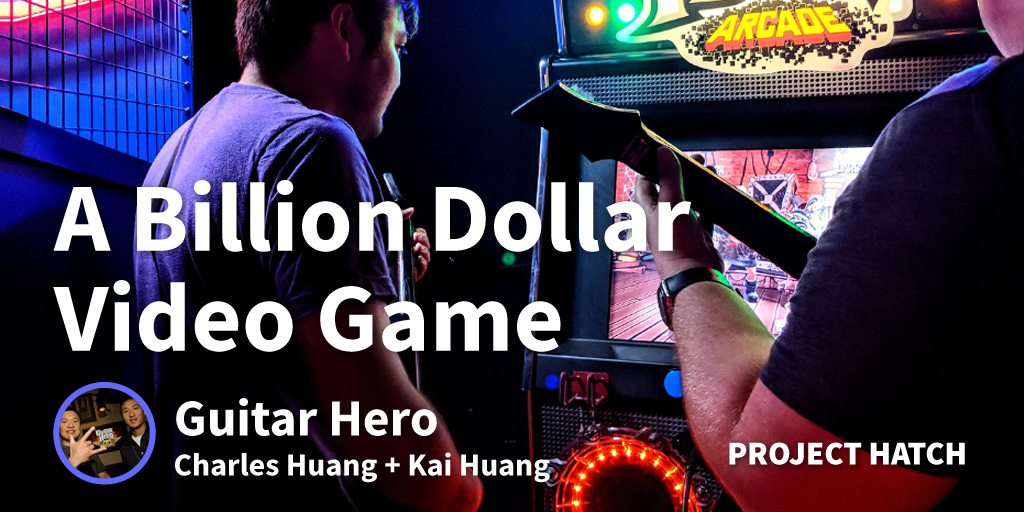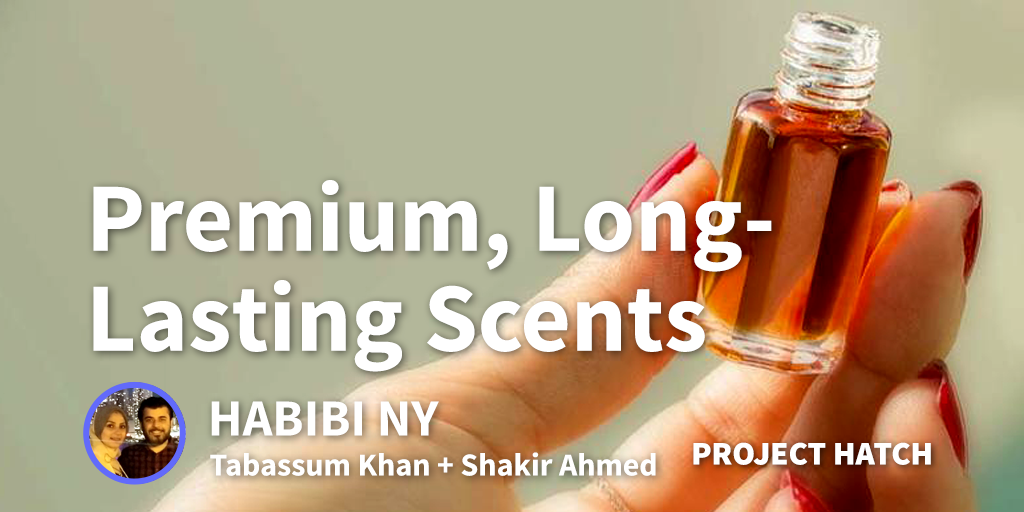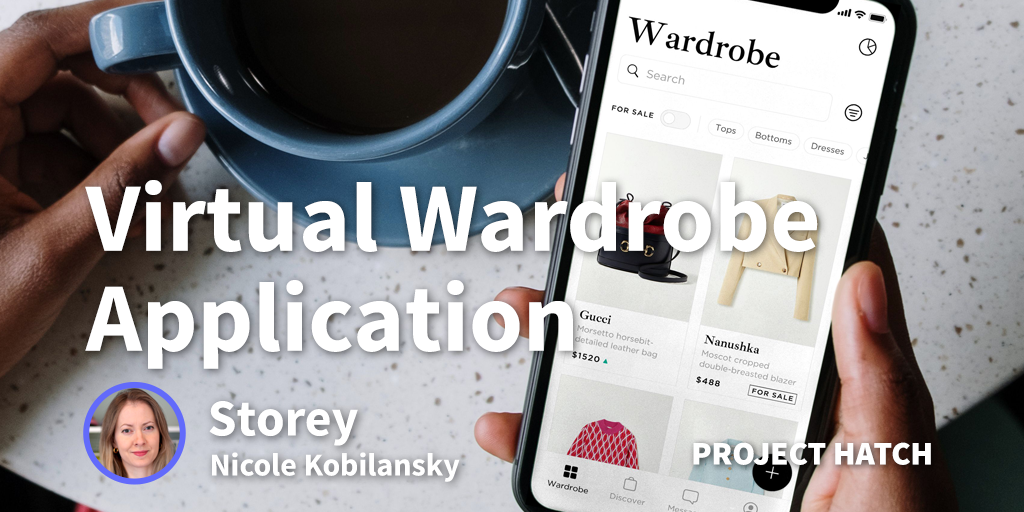Brothers Charles and Kai Huang are the brains behind the billion dollar video game Guitar Hero. They were the first company before to rent video games online. And everything skyrocketed when they launch the billion dollar video game, Guitar Hero.
Was it a gradual decision or lightbulb moment to start GuitarHero?
My brother Kai and I founded our company in September 1999. Back then we were called webgamezone.com and we were the first company to rent video games (for Playstation, Sega Dreamcast, N64) online. We launched about 6 months after Netflix started renting DVDs online.
We launched near the end of the dot com bubble. In those days, if you have a powerpoint pitch, you’d raise $1M. If it was any good, you’d get $2M. We raised $1.2M, so our pitch was just ok.
By April 2000, the bubble burst. By the end of 2000, we had used up all of the money we raised. We were ready to lay off all the staff. We had the termination letters printed out. We somehow survived and grew our business the old fashioned way -- through revenues and profits.
We changed our name to RedOctane, pivoted our business to focus on designing and manufacturing high end dance pads for a Playstation game called Dance Dance Revolution.
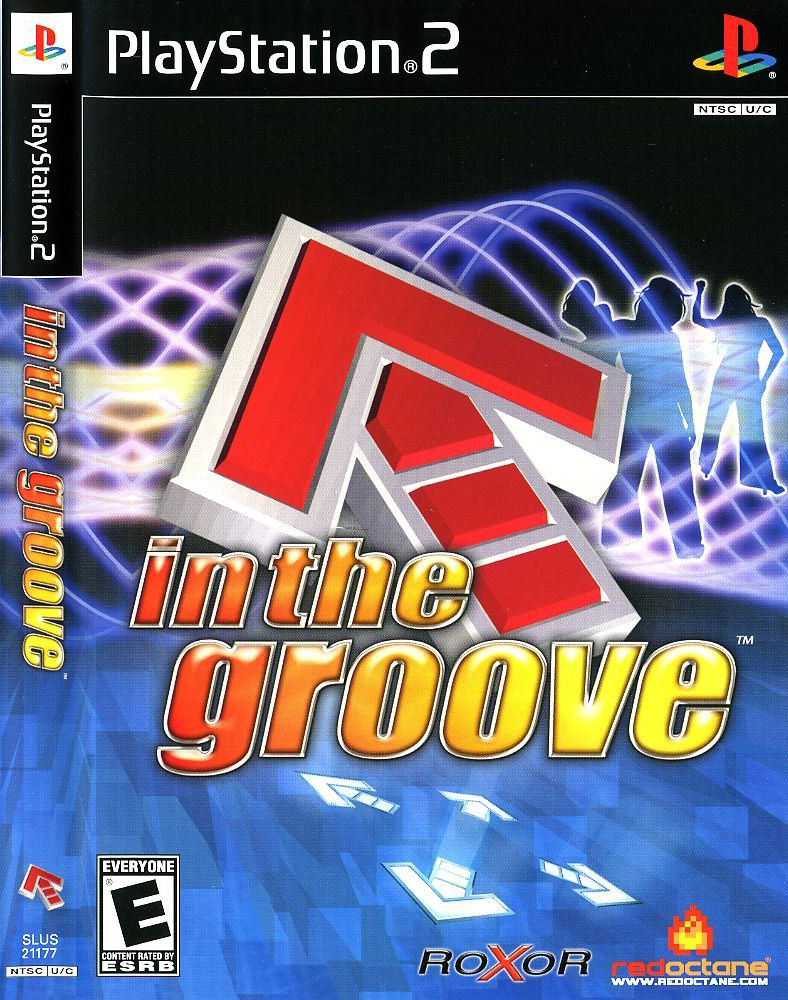
In summer of 2004, we published our first game, a dance game called In The Groove. We partnered with a game studio in Austin named Roxor Games.
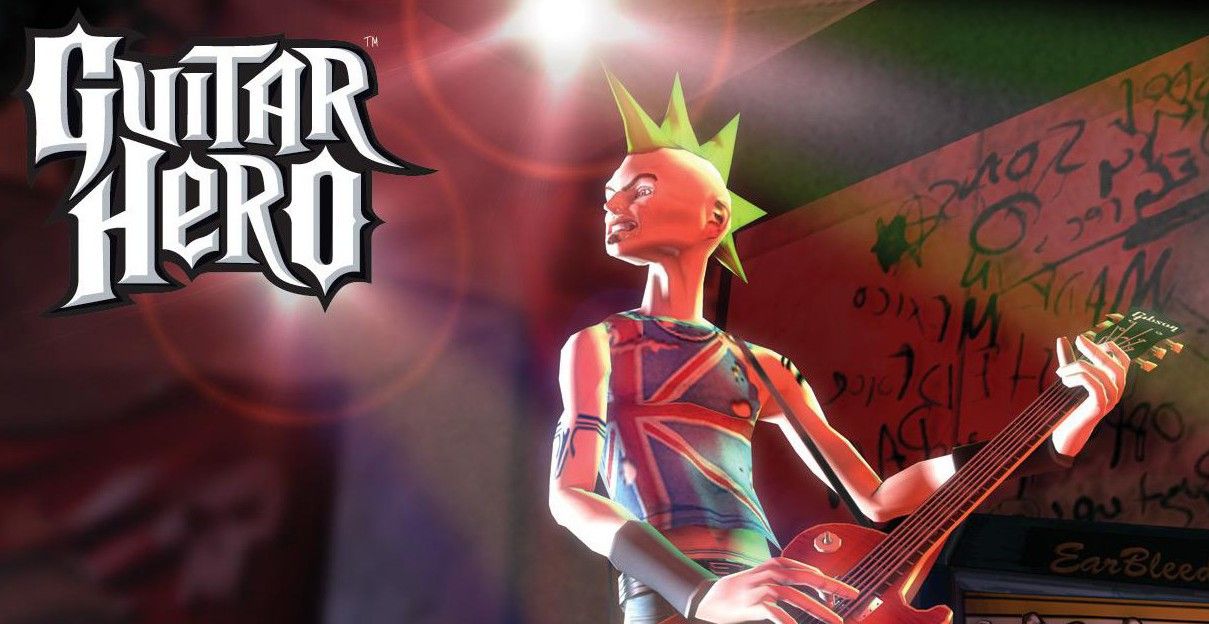
Then in Christmas of 2005, we published our 2nd game, Guitar Hero. We partnered with a studio named Harmonix in Boston. Everything kind of skyrocketed from there.
Who is your target demographic?
Guitar Hero had probably the broadest appeal for a console video game. It appealed to hardcore and casual gamers. We had one of the highest female player bases of any video game.
What is the funniest/most strange customer request you’ve had?
I was always surprised at how much Guitar Hero struck a cord in popular culture. South Park did an entire episode during their 2007 season on Guitar Hero. Lorne Michaels, the producer of Saturday Night Live, said in 2008, "Our competition is not so much other TV shows as it is Guitar Hero."
Some of the people who grew up playing the game are now adults and so I’m seeing the impact of Guitar Hero. Rapper Post Malone has said in interviews that he started making music after playing Guitar Hero. So our legacy lives on!
How did you fund the idea initially?
In Sept 2005, 2 months before our launch date, we tried to raise $3M from VCs to finance the launch. No one would invest a penny. So we maxed out our credit cards, I mortgaged my house (I was married with 2 toddlers then) and we used the money to finance the inventory for Guitar Hero.
Where did you meet your co-founder/founding team?
Even though we were a video game company, We didn’t hire anyone in our company that had experience in the industry for the first 2 years. I don’t think we set out deliberately to do this. But I think that helped us see the industry in a different light.
For one thing, we had a closer relationship to our customers than other game publishers. An experienced executive at another video game company told me years before Guitar Hero, “We don’t think there’s much of a market for music games in the US.” But we knew music game players better than anyone else in the US, through our work on dance pads and In The Groove.
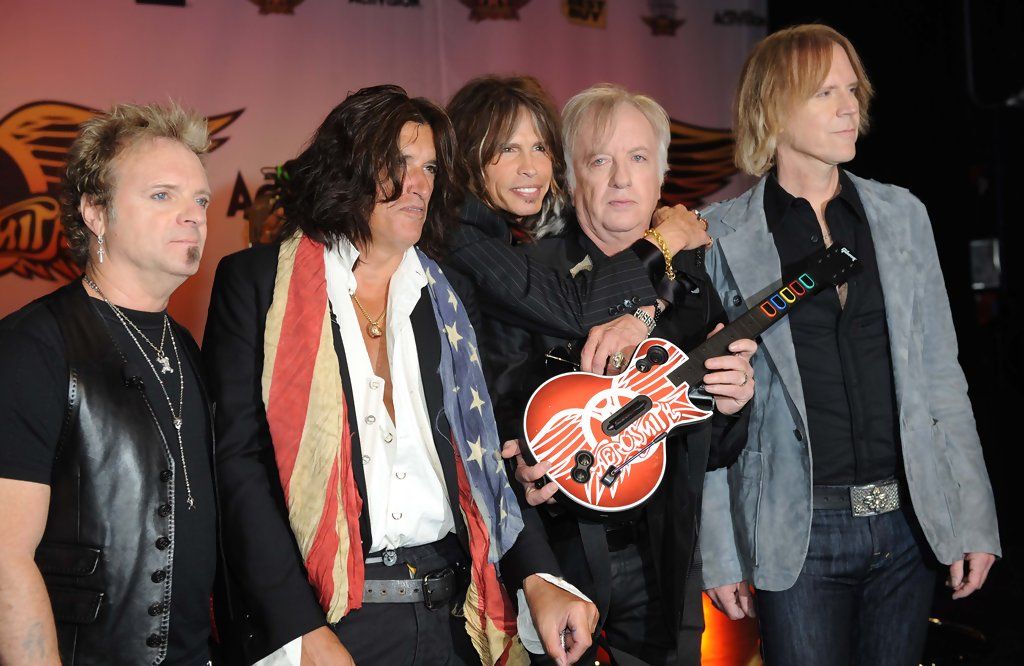
We also didn’t know anything about music. When we went to license all these classic rock and metal songs, record label executives advised us, “Rock and metal doesn’t sell. It’s all pop and hip hop these days.” But we didn’t know that going in. Turns out the record label executives were wrong. I guess ignorance was bliss for us.
Did you run any companies prior?
My brother and I were born into a family of entrepreneurs. My dad, my grandfather, several uncles were all entrepreneurs, mostly small businesses, in Taiwan. When we immigrated to the US, my parents ran a small grocery store in a New York suburb. I grew up hearing stories of their successes and failures. It’s all I ever wanted to do as a kid. It’s in our blood.
What motivated you to start your own business?
Things really accelerated when my family moved to the Mecca of Entrepreneurship -- Silicon Valley. I was in junior high school then. One of my best friends growing up, his dad was CEO of Oki Semiconductors, which made the chips that went into the Atari 2600 game cartridges. We’d play Atari2600 games fresh off the production line. So I grew up playing video games and seeing it as a business, not just a time wasting hobby.
Tom Knudsen, my roommate from college, founded an internet company called AtWeb, which made a product called WebSiteGarage. Ironically, he founded AtWeb with my brother Kai’s computer science classmate from UC Berkeley. When AtWeb sold to Netscape, Tom told me, “You’re next!” And he was right.
So I was surrounded by successful entrepreneur friends and family. I never thought twice about starting my own company.
What motivates you when things go wrong? What is the end goal?
The year we launched Guitar Hero, RedOctane grew to $50M in sales. We had done $9M the year before. That growth almost broke us as a team. We barely held it together.
If we had Guitar Hero in year 1, 2 or 3 of RedOctane’s history, we would have fallen flat on our face. We just were ready for that level of success. Our marketing people, our logistics people, our customer service people, our product people, all needed time to develop.
Do you have any advice for someone just starting out?
As an entrepreneur, you may have the right product market fit, but if your team isn’t ready for success, then the company will fail. Developing a great team takes time, effort and patience. But you can’t succeed without great people.
How do you protect yourself from competition?
One of the most important things that helped me to succeed in business was I had mentors who cared about me as a person. They are like angels (the kind who bless your life, not the ones who invest $$). I was fortunate enough to have several. First was my dad, who was an entrepreneur and motivated me with stories of his business trips to exotic places like Libya, Saudi Arabia, etc. when I was growing up.
Growing up, my good friend’s father, Jerry Crowley, taught me all I knew about the rules of Silicon Valley’s startup game. Finally, we had a friend named Kelly Sumner who joined our board. He was the retired CEO of Take Two Interactive, a publicly traded video game publisher. He taught us about the video game industry and gave us invaluable contacts.
What is current revenue? If you don’t mind sharing
By 2007, Guitar Hero became the best selling game in the world. We sold $1.1B worth of Guitar Hero product that fiscal year. We topped the global sales charts again in 2008, this time reaching $1.5B. 2009 was our third consecutive billion dollar year, as we hit $1B. What a run!
Funny story. During the peak of Guitar Hero sales, a video game industry analyst and friend, Michael Pachter said to me , “When you first showed me Guitar Hero, I thought it was a nice game. Didn’t think it’d become this big. Clearly you didn’t either, or else you wouldn’t have sold the business.”
Would you ever sell?
Guitar Hero became the 2nd best selling game that Christmas. The entire industry knew that if we had any inventory, we’d be the best selling game. Once sales data came out, we had offers from a couple of VC funds to invest $30M in RedOctane. I said to Kai, “Wow, 4 months ago, people wouldn’t give us $3M, and now someone wants to give us $30M.”
Before we accepted their term sheet, Activision called us. By June, we sold RedOctane to Activision and signed up to run it as an internal business unit. I guess that’s what happens when you have a hit in a hit driven industry. Selling RedOctane was the right decision. Financially, it was the right decision. Personally and professionally, I had a remarkable time at Activision. Amazing place with amazing people.
| Company Name: | Guitar Hero |
|---|---|
| Founder: | Charles Huang + Kai Huang |

